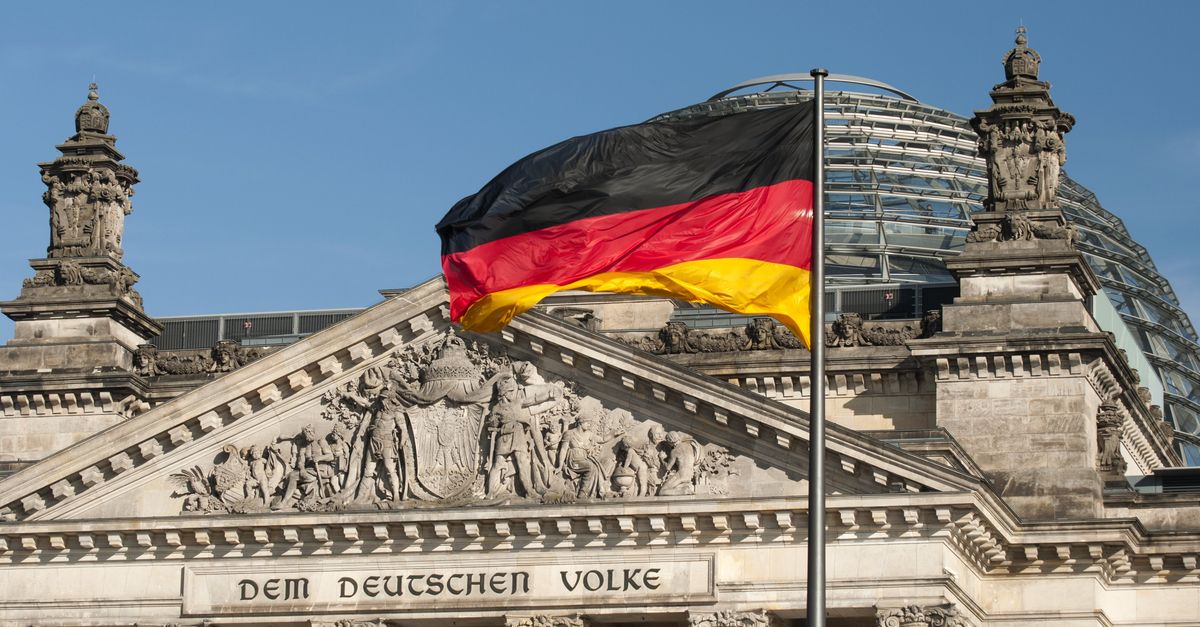German officials have made historic statements about Germany and Europe's roles in the world as the United States has stepped back from international commitments under the Trump administration.
Germany has not released a statement "denouncing" the United States or President Trump.
On 6 December 2017, left-wing blog Groopspeak.com posted a story reporting that Germany had released a historic statement "denouncing" the United States under the leadership of President Donald Trump:
Germany’s top diplomat has just informed the United States that they no longer see the United States as the ally they once were, saying that leadership from President Donald Trump has led Europe on a path toward nuclear war.
German Foreign Minister Sigmar Gabriel told the Berlin Foreign Policy Forum that Germany would start to go after its own agenda, whether the U.S. likes it or not because the West was losing influence around the world now that Trump is president.
Partisan web sites generally gin up any angle of a story that will generate outrage clicks from readers and this one is no different -- it's a sensationalized aggregation of reports from legitimate news organizations that sent journalists to report on the speech first-hand. The speech can be viewed, translated to English, here:
"Germany," as a country, did not release an official statement to the world "denouncing" its ally the United States. Instead, German Foreign Minister Sigmar Gabriel gave a speech on 5 December 2017 before government officials in Berlin, which was basically a call to recognize what many in Europe already know — the global order that had been in place since World War II is shifting, in part because the United States is retreating from it under the leadership of President Donald Trump.
Although Gabriel said that the view of the United States as being "protective" is "crumbling away," he stressed:
Still the United States will have to be our main international partner, there is no doubt we will need and also maintain this partnership. However, this partnership alone will not be sufficient to actually maintain our strategic interests.
Gabriel said Germany must adopt a more independent position and prioritize its own interests when necessary, as opposed to deferring to Washington. He also said the European Union should be poised to project power, as other nation-states like Russia and China have rushed to fill the void of international leadership left by the United States. As it stands, he said, Europe is viewed as wealthy, but weak.
There is no doubt that President Trump's words and actions since taking office have resulted in the cooling of what has been a close alliance for roughly seven decades. His first foreign trip as President to North Atlantic Treaty Organization (NATO) headquarters in May 2017 left European leaders feeling shaken about the reliability of the U.S. going forward. Immediately following Trump's visit, German Chancellor Angela Merkel gave a speech saying that Germany and other European countries couldn't rely on "others" anymore — a statement widely read to mean that longstanding transatlantic ties had quickly frayed.
During the May trip, President Trump lambasted European allies, insisting they needed to pay more into defense spending (with reports circulating that he even gave Merkel a hand-written "bill" for an unknown sum of money that Germany allegedly "owed"). During a closely-watched speech he failed to commit to Article 5 -- a key mutual aid agreement — although he did so during a speech in Warsaw in July. Nevertheless, as Gabriel's speech signaled, Europeans are accepting a reality that their alliances with the U.S. may be more conditional than in the past, and the continent must now navigate a world without the leadership it once had from across the Atlantic.

